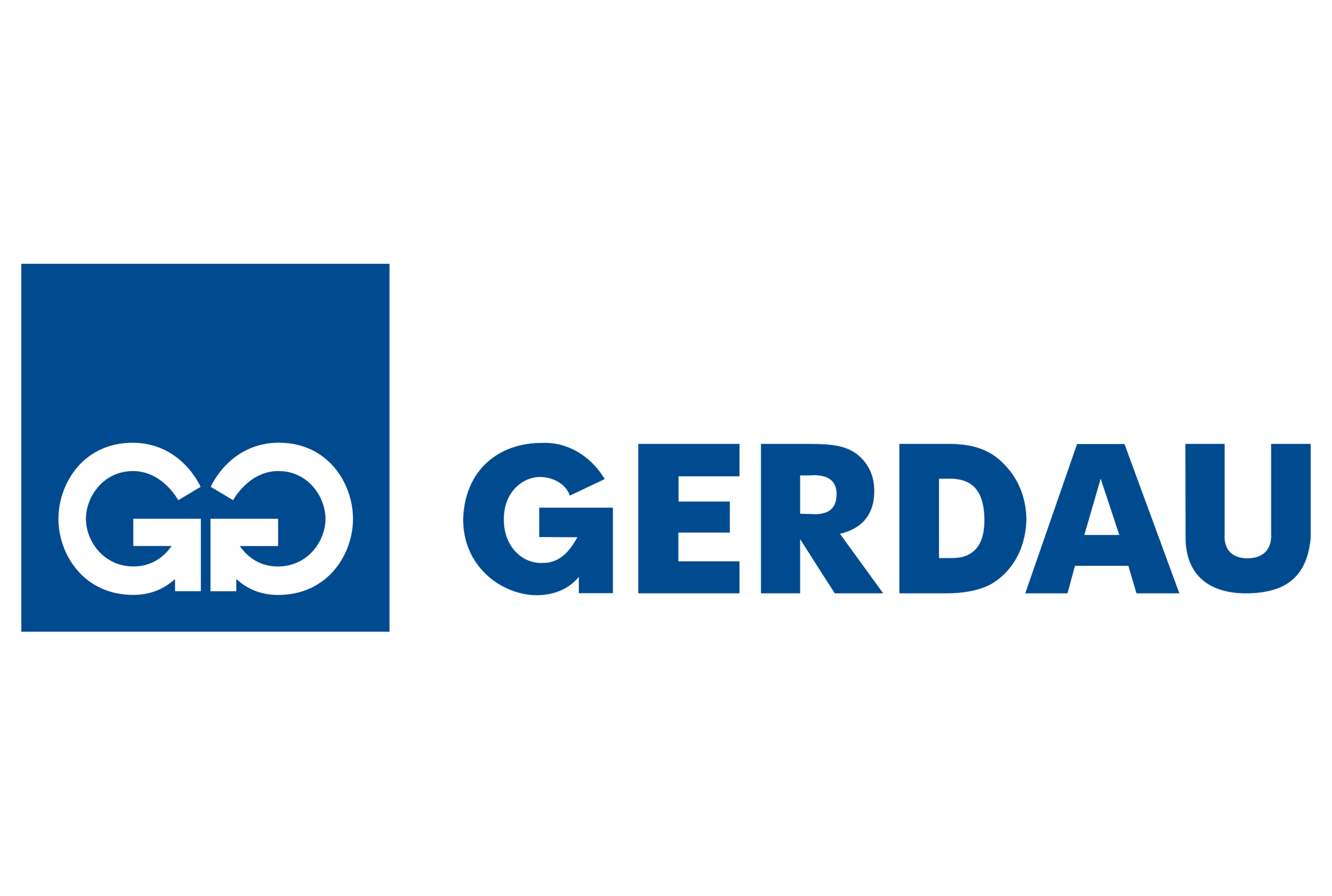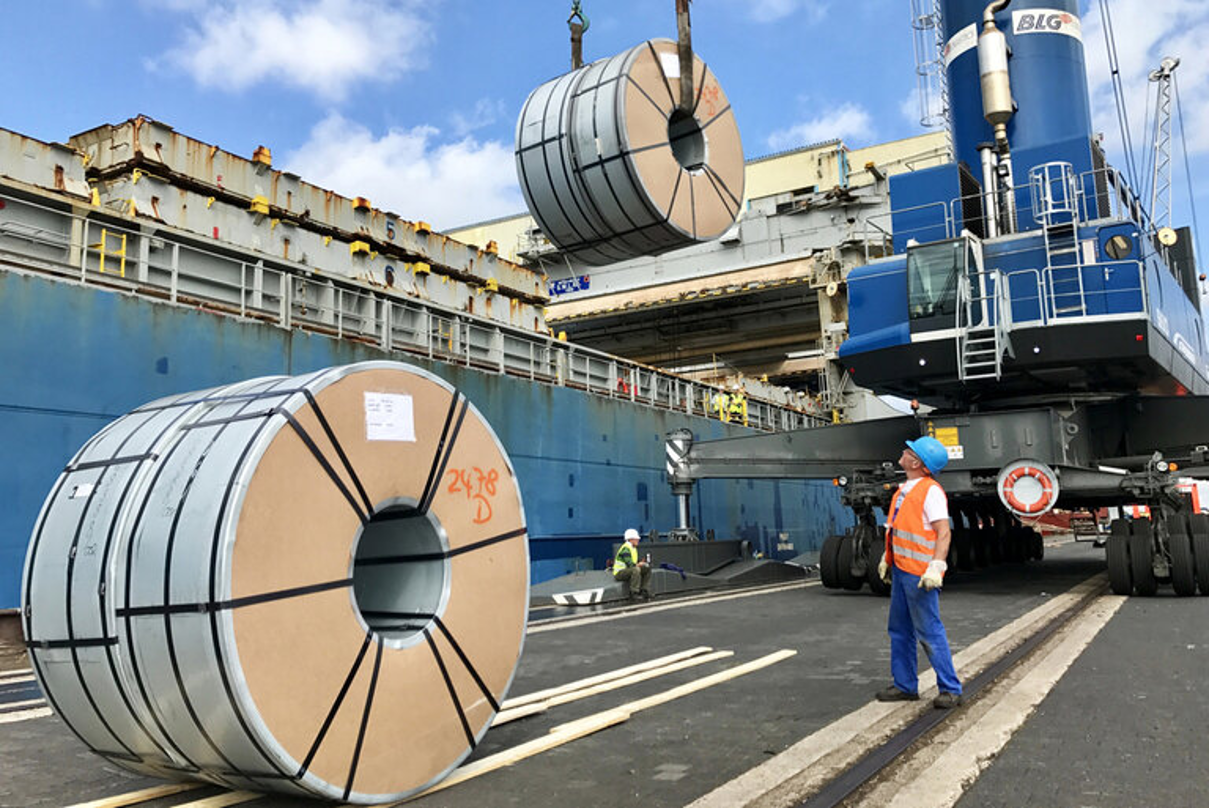Canada

October 14, 2018
Canada to Impose Safeguards on Steel Imports
Written by Sandy Williams
Canada will implement provisional safeguard measures on steel imports effective Oct. 25. Tariffs of 25 percent will be applied when products exceed the current average import level. The action is in response to Section 232 tariffs and quotas imposed by the United States on steel and aluminum. Canada hopes to avoid becoming a dumping ground for steel imports that have been blocked from the U.S. market.
The safeguard measures will be applied to seven types of steel: heavy plate, concrete reinforcing bar, energy tubular products, hot-rolled sheet, pre-painted steel, stainless steel wire and wire rod.
“We have discussed safeguards with the government for a very long time and feel like there is significant evidence” in favor of it, said Joseph Galimberti, president of the Canadian Steel Producers Association, before the announcement. “The safeguard is a warranted and badly needed action.”
The safeguards will be applied to steel products from all countries, including China and Turkey, with exemption for goods originating and imported from the U.S, Chile, Israel or other CIFTA beneficiaries. Mexico is exempted except for imports of energy tubular products and wire rod. Developing countries that are beneficiaries of the General Preferential tariff are exempt except for concrete reinforcing bar from Vietnam.
The provisional measures will be in effect for 200 days pending the outcome of a review by the Canadian International Trade Tribunal.
In addition, Canada’s Department of Finance announced that it will provide relief to companies from surtaxes paid on steel and aluminum.
“Given the longstanding integration of Canada-U.S. supply chains, the Government recognizes that Canadian countermeasures against U.S. imports can create challenges for Canadian manufacturers that rely on steel and aluminum imported from the United States,” said the Department of Finance in a press release. “In light of this, the Government established a process for Canadian companies to request targeted relief from countermeasures under extraordinary circumstances, such as a lack of supply in the domestic market.”
Companies that have applied for and been granted relief from surtaxes collected on steel and aluminum from the U.S. will be able to import those goods without paying surtaxes until such time that Canadian producers are able to adequately meet domestic demand.
“Relief is only provided where warranted by exceptional circumstances, and Canadian countermeasures on U.S. imports continue to apply. The Government will continue to assess, on a case-by-case basis, relief applications based on market conditions including supply shortages.”
The Department of Finance stated that the measures “offer a balanced response that will support Canadian producers and manufacturers, while the Government continues to work toward the complete repeal of all U.S. tariffs of Canadian steel and aluminum.”
Jerry Dias, head of Canadian labor union Unifor, said the safeguards would keep subsidized steel from China and South Korea from entering the country.
“It’s also sending a message to the United States,” he added. “Now that the issue is resolved, there’s no meaningful reason for the U.S. to continue to punish the steel industry on both sides of the border.”







